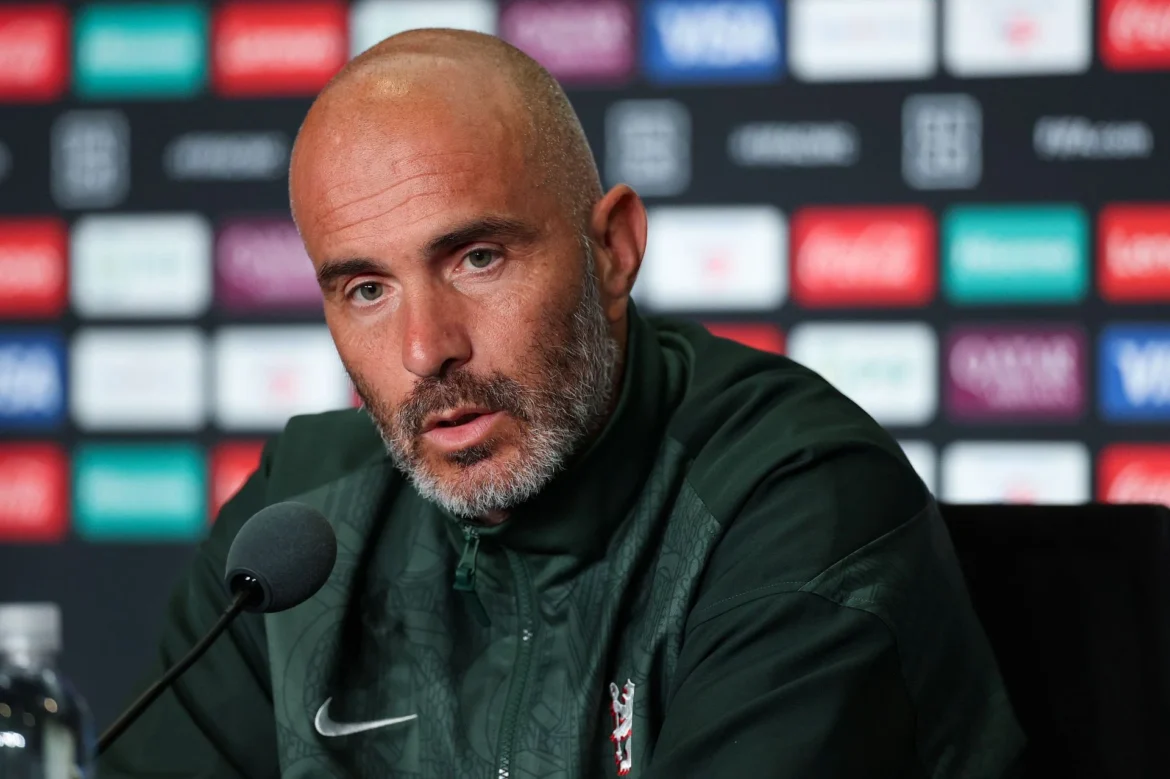Chelsea Football Club is grappling with a significant financial setback after UEFA imposed a €31 million (£26.7 million) fine for breaching Financial Fair Play (FFP) rules, with a potential additional €60 million (£51.8 million) penalty looming if the club fails to meet financial targets over the next four years.
The sanctions, announced on July 4, 2025, stem from violations of UEFA’s football earnings rule and a squad cost ratio exceeding the 80% revenue threshold, with Chelsea’s spending reported between 80-90% in 2024.
The punishment includes restrictions on registering new senior players for UEFA competitions, including the 2025/26 and 2026/27 Champions League seasons, unless the club achieves a positive transfer balance—meaning outgoing transfer fees must offset new signings.
Head coach Enzo Maresca has urged his squad to remain focused on their on-pitch performances despite the off-field turmoil. “Our job is to win games and prepare for the season. Focus on the pitch, and let the club handle the rest,” Maresca told players during a pre-season briefing.
The fine and transfer restrictions have cast a shadow over Chelsea’s preparations for the 2025/26 Premier League and Champions League campaigns, following their recent FIFA Club World Cup triumph. The club’s lavish spending under owners Todd Boehly and Behdad Eghbali, exceeding £1.2 billion since 2022, has drawn scrutiny, with UEFA rejecting Chelsea’s attempt to count the £235 million sale of their women’s team to parent company Blueco as profit.
A similar transaction involving the sale of two hotels to a sister company also failed to comply with UEFA’s stricter financial regulations, unlike the Premier League’s Profitability and Sustainability Rules (PSR).
The transfer restrictions pose a significant challenge for Chelsea’s recruitment plans. Recent signings, including Liam Delap (£30 million from Ipswich Town), Joao Pedro (£50 million from Brighton), and Jamie Gittens (£50 million from Borussia Dortmund), have pushed summer spending over £200 million.
To register these players for Champions League play, Chelsea must raise upwards of £60 million through player sales before the transfer window closes, according to reports. Potential departures include goalkeeper Djordje Petrovic, linked with a £21.5 million move to Sunderland, and fringe players like Christopher Nkunku and Marc Guiu, who have attracted interest from European clubs. Failure to balance the books could prevent new signings from featuring in Europe, severely hampering Chelsea’s ambitions.
Maresca’s warning comes as the club navigates a delicate period. Cole Palmer, recently named captain and praised as the team’s “talisman,” will lead Chelsea in their Premier League opener against Manchester City. However, the stalled pursuit of Napoli’s Victor Osimhen, with Napoli demanding £84.5 million and the player seeking £211,000 per week, underscores the financial constraints now exacerbated by UEFA’s sanctions.
The club’s statement emphasized their cooperation with UEFA, claiming a “strong upwards trajectory” in financial performance, but the threat of further penalties—potentially totaling £78.5 million—looms large if compliance is not achieved.
The situation has sparked concern among fans and analysts, with fears that Chelsea’s aggressive transfer strategy could lead to a repeat of past punishments, such as the 2019 transfer ban under Roman Abramovich. Maresca remains optimistic, pointing to the squad’s depth and the emergence of young talents like Estevao Willian and Geovany Quenda.
However, the need to sell players to comply with UEFA’s rules could disrupt squad cohesion. As Chelsea face a pivotal season, Maresca’s call to focus on the pitch aims to shield his players from the financial storm, but the club’s ability to navigate these restrictions will be critical to their success in 2025/26.
